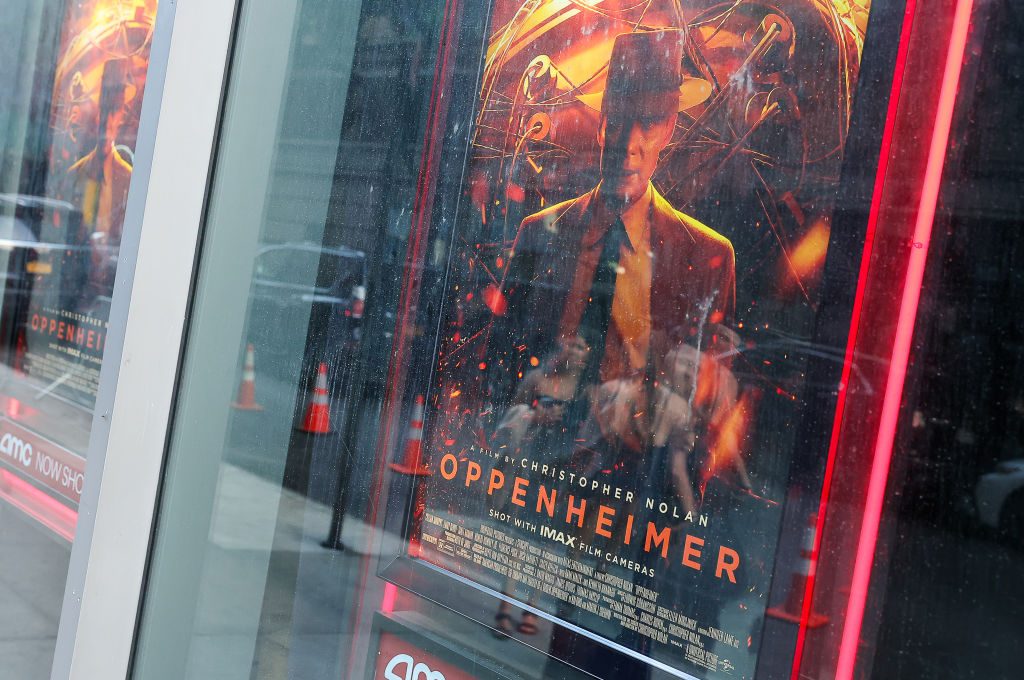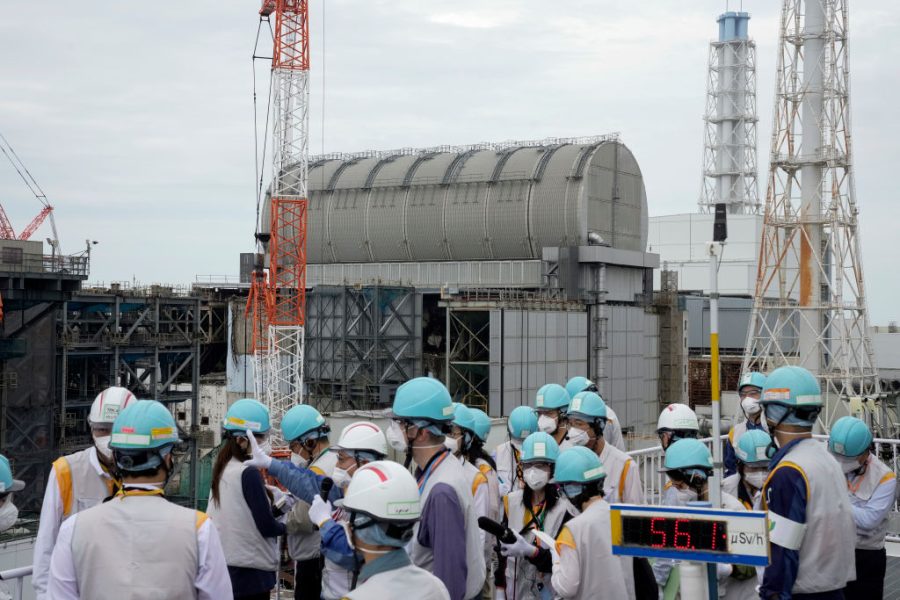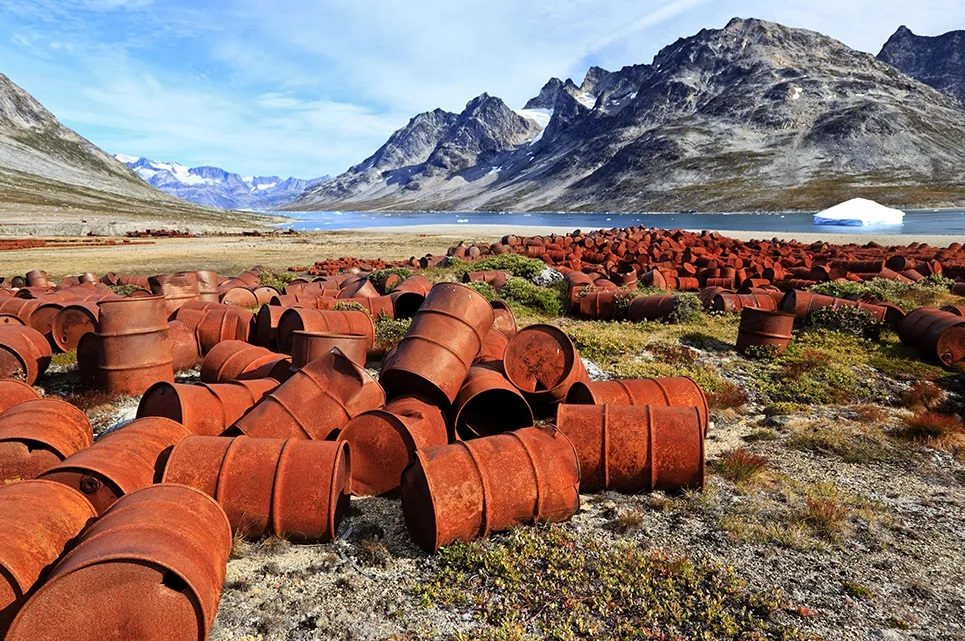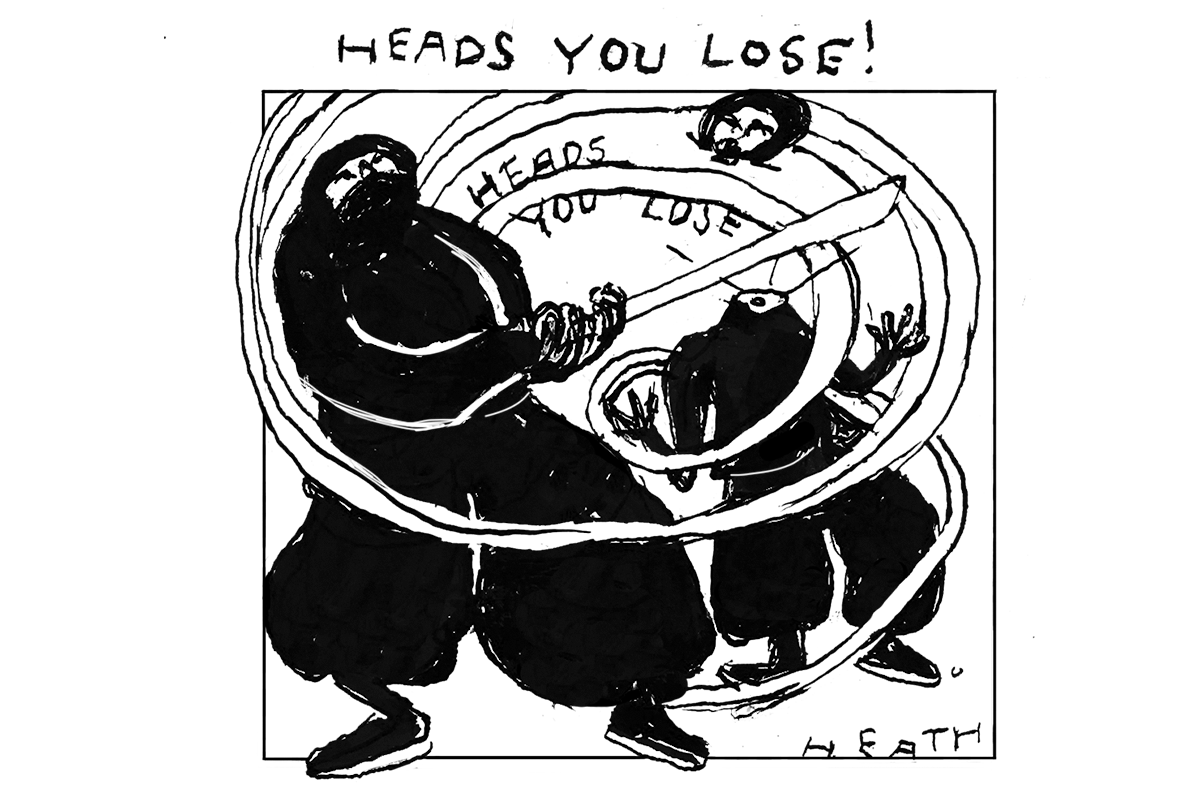Christopher Nolan’s blockbuster epic Oppenheimer is wowing critics and selling out cinemas across the world. It’s already threatening to eclipse the disappointing Indiana Jones remake and even Tom Cruise’s raved about latest installment of the Mission Impossible series. But it’s a worldwide hit with one notable exception: the film hasn’t been released in Japan yet, and no word has been given of when it will be. Some are speculating that there may be no Japanese release at all.
That would be highly unusual. Japan, unlike some of its neighbors, very rarely bans films and has accepted World War Two offerings, such as Clint Eastwood’s Flags of our Fathers and Michael Bay’s Pearl Harbor without demur. It is also not unusual to delay big Hollywood offerings to test if they are likely to succeed in Japan (there isn’t much of a piracy problem here). And with the local blockbuster, Studio Ghibli’s The Boy and the Heron, about the aftermath of the Tokyo fire bombing, dominating the box office perhaps that is considered quite enough World War Two-related material to be getting on with.
There has been criticism that Oppenheimer features no scenes of the devastation wrought by the atomic bomb blasts
But it is certainly curious that Toho-Towa — the largest distributor of Hollywood films has yet to confirm a release date or preview screenings for Oppenheimer or offer any explanation for the delay. And a spokesperson for Universal (which made the film) has been similarly opaque, saying simply that plans have not yet been finalized. That does suggest there may be some disquiet about the content of Nolan’s film and the option of skipping Japan altogether might be being discussed.
Why would that be? There has been criticism that Oppenheimer features no scenes of the devastation wrought by the atomic bomb blasts on Hiroshima and Nagasaki (where 220,000 died) and has no Japanese actors in the cast. The timing of the film’s release is also unpropitious: August 6 and 9 are the anniversaries of the Hiroshima and Nagasaki attacks, with August 15 and September 2 the dates respectively of the announcement and signing of Japan’s surrender. The Oppenheimer trailer does rather portray the atomic bomb project as a thrilling and heroic endeavor, so any release in Japan around these dates would jar horribly with the official sombet mood of reflection and remorse.
Perhaps the prime minister objects. Fumio Kishida is a native of Hiroshima and the G7 leaders were given a tour of the peace park at their recent summit. He has made much of his desire for a strong, internationally-minded Japan, committed to peace. Japan has also quietly begun to restart its nuclear energy program, mothballed since the Fukushima accident of 2011. In such circumstances, the Oppenheimer film is a potential embarrassment. A delayed, and perhaps smaller scale release in the late fall, or no release at all, would be politically expedient.
Outright opposition in the form of protests, if and when the film is released, is unlikely, though. The issue of how Japan’s role in World War Two is portrayed by western media is a live one — and there has been recent debate about the War Guilt Information Program — the US occupying force’s attempt to superimpose a one-dimensional interpretation of the rights and wrongs of the conflict through education and entertainment. Yet Nolan’s film won’t provoke much reaction from the public. The hard-right militaristic Uyoku dantai groups that drive in convoys around Tokyo blaring out martial musical from sound trucks and call for the restoration of the emperor as supreme leader of Japan, have been rarely seen in recent years.
In any case, anyone who assumes the feelings and views of the Japanese is usually wrong. There is evidence that the Japanese have a surprisingly accepting view of the atomic bombings and the relationship with America. A 2015 poll by public broadcaster NHK found that 40 percent of the population agreed with the proposition that the US had no choice but to use the bomb; surprisingly, the figure in Hiroshima, 44 percent, is higher than the rest of the country and higher than those who called it “unforgivable.” In a recent survey, 90 percent praised the US-Japan alliance for helping preserve the country’s peace and safety.
Some Japanese have welcomed the film and the chance it might bring to kickstart a serious debate about Japan’s attitude to nuclear weapons. As Gearoid Ready writes in the Washington Post, Japan publicly opposes nuclear technology but relies on it, under the US umbrella, for its own defense. With a conflict between the US and China, perhaps flaring over the issue of Taiwan, an ever more pressing concern here, some sort of grown-up discussion seems overdue.
Former prime minister Shinzo Abe, head of a powerful faction within the ruling LDP even after he left office, raised the issue of hosting US nuclear weapons in early 2022. But then came his assassination. Kishida is a renowned advocate for denuclearization, so his leadership seems to have marked the end of the matter for now. If the Oppenheimer film helped lead to a meaningful national debate it would be another accolade for this remarkable and impactful film. But first, we need to be allowed to see it.
This article was originally published on The Spectator’s UK website.





















